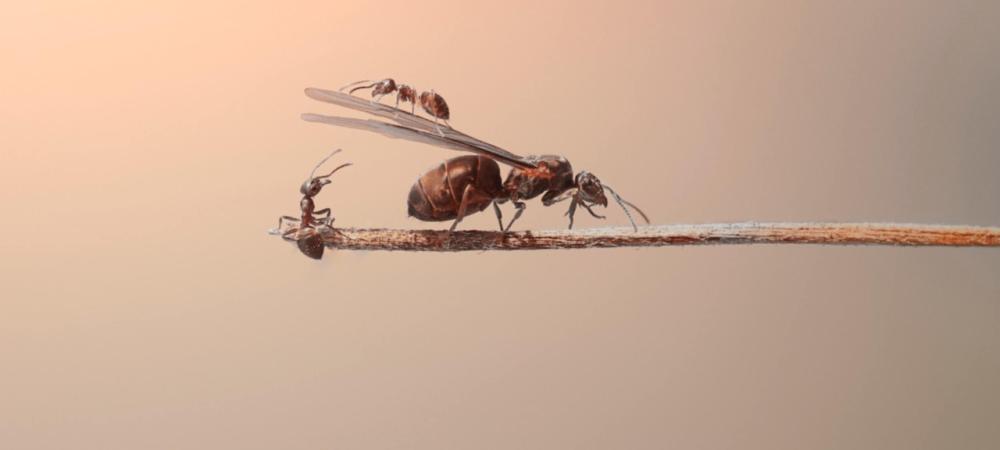Reveal the Secret to Getting Rid of Those Pesky Flying Ants in North Carolina Once and for All.

Welcome to the warm temperatures and picturesque landscapes of North Carolina! But amidst the beauty lies a pesky problem that many residents face during the springtime: flying ants. These tiny creatures can be a nuisance, intruding on your space and causing unwanted frustration. But fear not, for we have the solution to rid your home of these unwelcome guests and prevent their return. With our expert advice, you can take control of your North Carolina paradise once and for all.
Identifying the Culprits: Flying Ants or Termites?
At first glance, it can be difficult to differentiate between flying ants and termites. However, there are distinct characteristics that set them apart. Here's what you need to know:
- Flying ants have elbowed antennae, small hind wings, and dark bodies.
- Termites, on the other hand, have straight antennae, equal-sized wings, and light-colored bodies.
By paying attention to these subtle differences, you can accurately identify the invaders and take appropriate action.
Taking Charge: Eliminating Flying Ants from Your Home
Once you've established that you're dealing with flying ants, it's time to take action. Here are the steps you need to follow for effective ant control:
- Proper Identification: Collect a few specimens for accurate identification. This will help you understand the severity of the infestation and choose the most suitable treatment method.
- Locate the Nest: Finding the ant colony's nest is crucial for effective control. Look for small openings, either in wooden structures or near sources of food and water.
- Choose the Right Weapon: Armed with knowledge, select an insecticidal spray or bait specifically designed to eliminate ants. Ensure that you read and follow the product label directions meticulously when using pesticides.
- Strike with Precision: Apply the chosen ant control treatment directly to the nest or areas where ants are most active. Be thorough and persistent to maximize effectiveness.
Preventing Future Infestations: Tips for Long-Term Success
To maintain a pest-free environment in your North Carolina home, it's essential to prevent flying ant invasions from returning. Consider these preventive measures:
- Address Moisture Issues: Flying ants are attracted to areas with excess moisture. Fix any leaks or sources of water in and around your home to deter them.
- Seal Entry Points: Inspect your doors, windows, and cracks in your walls or foundation. Seal any gaps or openings to create a formidable barrier against flying ants.
- Protect Your Wood: Winged carpenter ants are particularly dangerous as they can cause structural damage. Regularly inspect wooden structures for signs of infestation and take prompt action if necessary.
- Don't Forget the Odorous House Ant: Alongside flying ants, the common house ant also proliferates in North Carolina. Implementing an ongoing general pest control strategy by a local expert can keep both common household ants and pesky flying ants at bay, and help you maintain a pristine home and potentially save you thousands of dollars in damages.
Expert Advice for a Pest-Free Paradise
When it comes to flying ants, prevention is key. By staying vigilant, addressing issues promptly, and utilizing appropriate treatments, you can protect your North Carolina oasis from infestations. Remember, Triangle Pest Control is always here to assist if the situation becomes overwhelming. Take charge and reclaim your home today!



